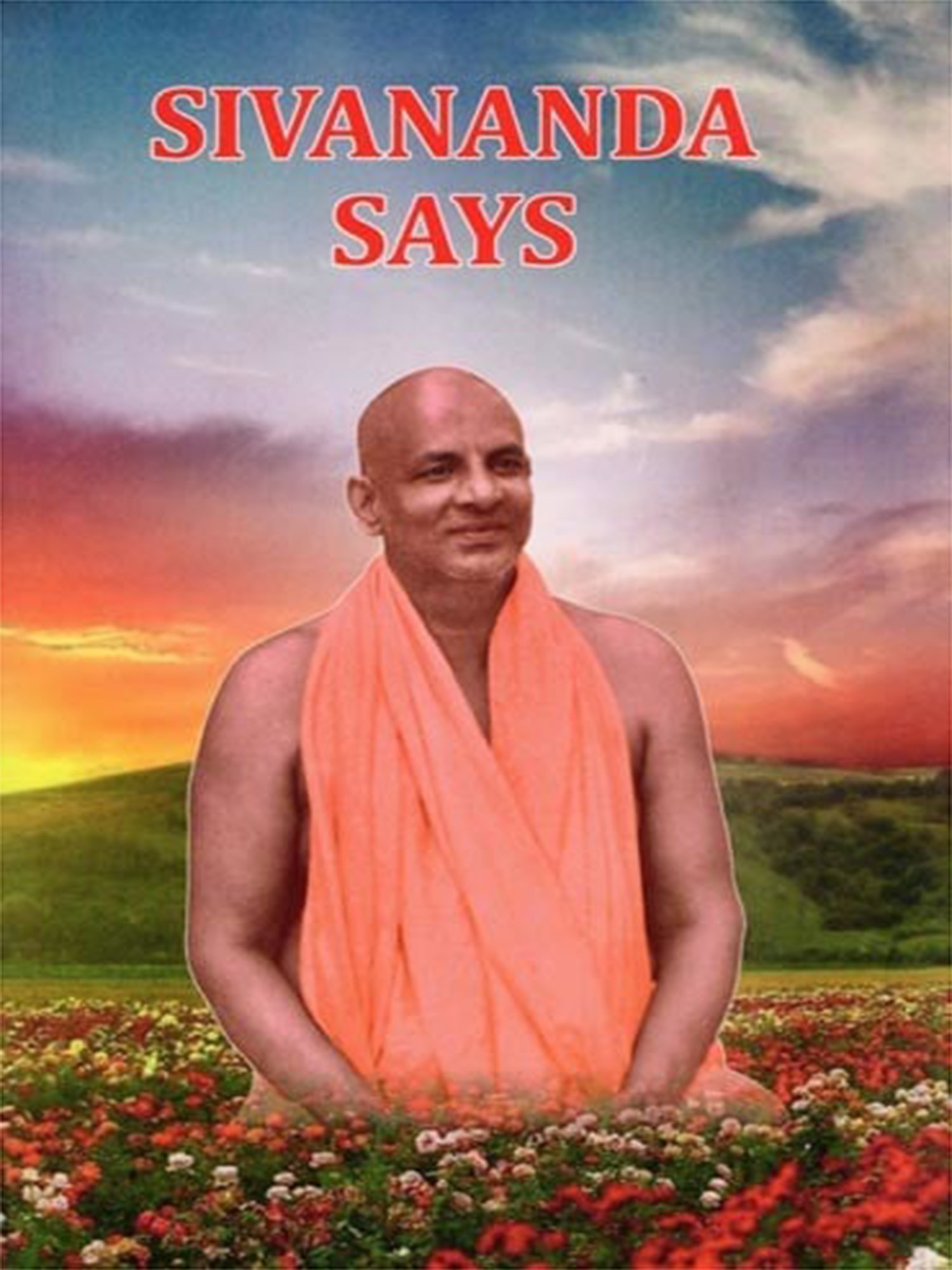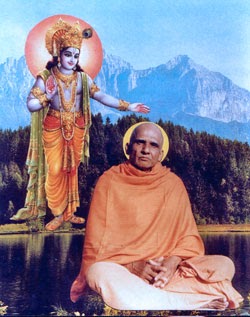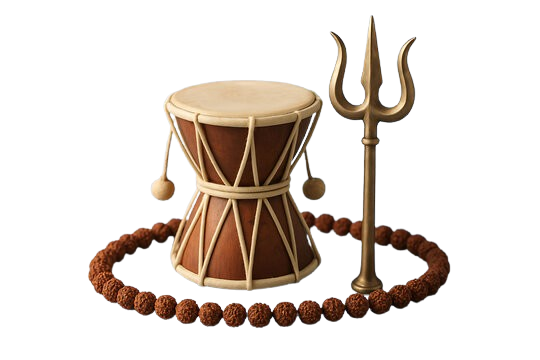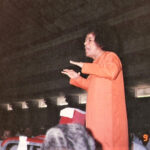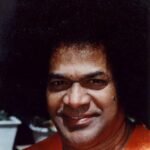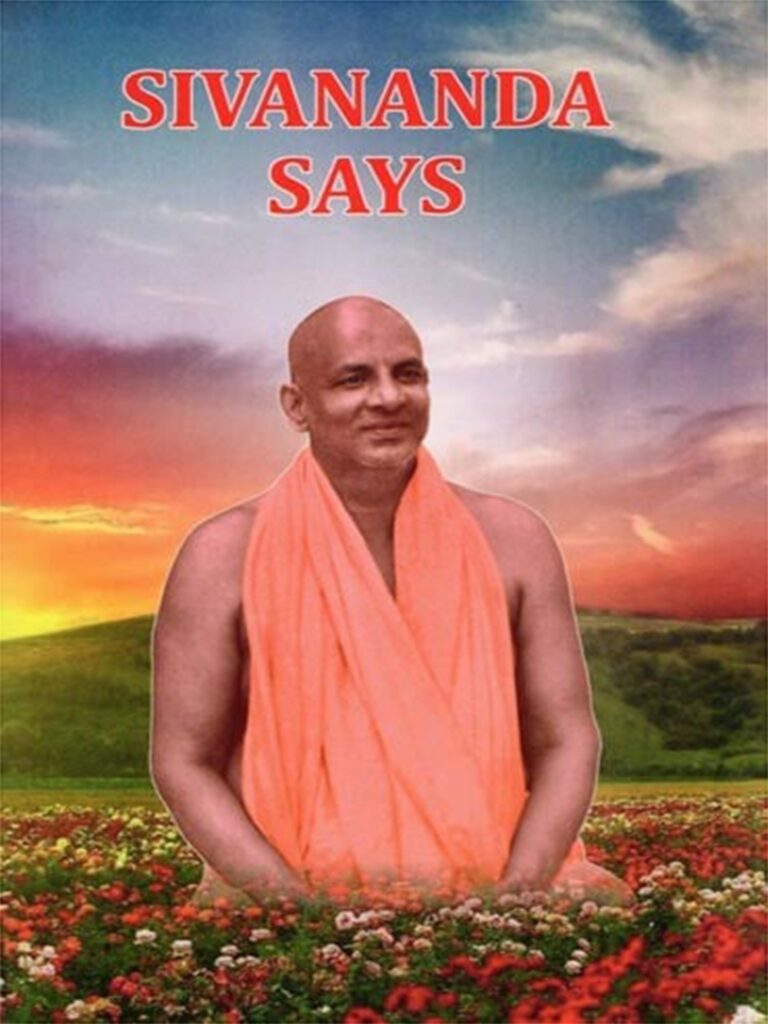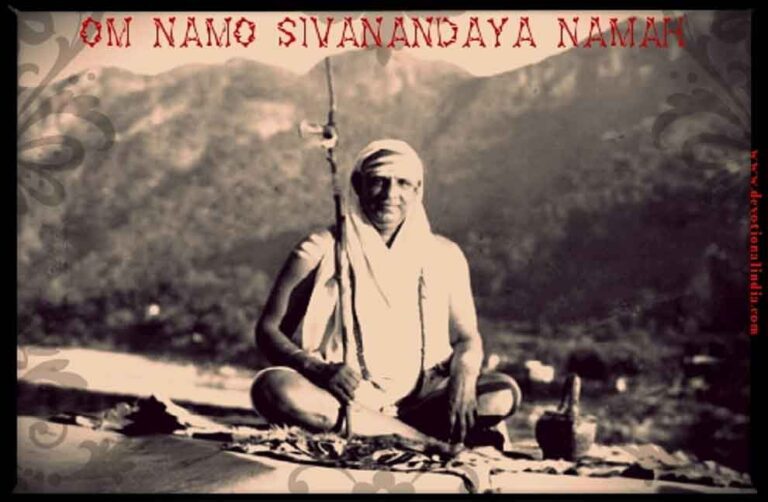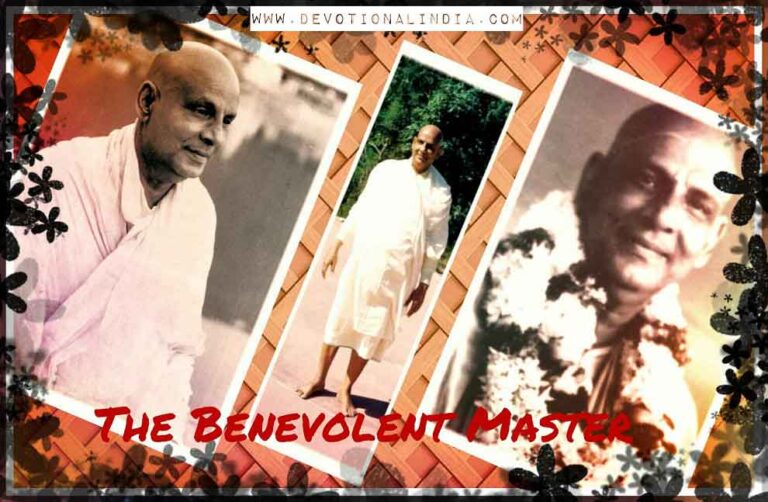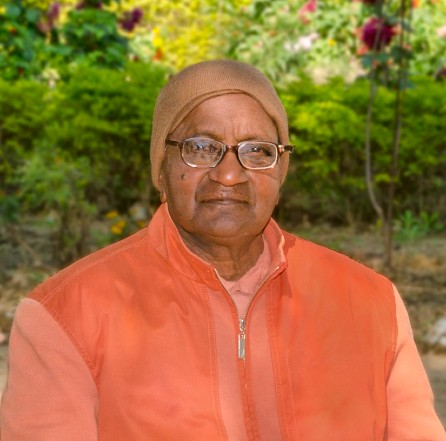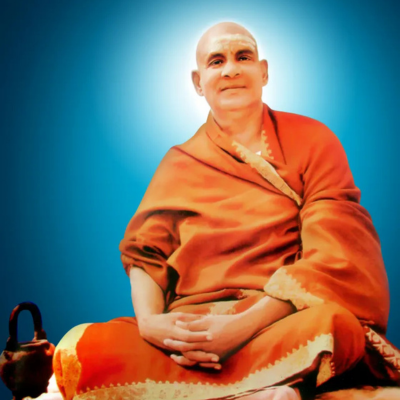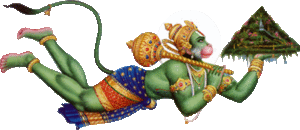Adi Shankaracharya Vivekacintamani book
Vivekacintamani

Vivekacintāmaṇi, meaning “The Jewel of Discriminative Thought,” is a philosophical treatise that emphasizes the power of viveka, or discernment, in the pursuit of self-realization. Rooted in Vedāntic and spiritual traditions, it teaches that true knowledge arises not merely from external learning but from inner reflection and the ability to distinguish the eternal from the transient. Just as a cintāmaṇi (a mythical wish-fulfilling gem) grants all desires, this “jewel of wisdom” is said to grant the highest knowledge — insight into the Self (Ātman) and liberation (mokṣa). The text encourages seekers to look beyond worldly illusions and sensory distractions, and to turn inward toward the unchanging reality.
Through constant reflection, self-inquiry (ātma-vicāra), and disciplined living, one develops the clarity needed to overcome ignorance (avidyā) and realize the unity of the individual soul with the supreme consciousness (Brahman). The teachings of Vivekacintāmaṇi align with the core message of Advaita Vedānta: that liberation comes not from ritual or blind belief, but from knowledge and discrimination. In this way, the work serves as a practical and contemplative guide for spiritual aspirants seeking truth, freedom, and the ultimate fulfillment of life’s purpose.
This introspective path begins with viveka—the faculty to distinguish the eternal reality from the transient appearances. In this process, the seeker learns that what is subject to change, decay, or death cannot be the ultimate truth. The world of names and forms is impermanent, but the witness consciousness within—the pure Self—remains untouched, undivided, and eternal. This Self, according to the Advaita Vedānta philosophy that underpins Vivekacintāmaṇi, is none other than Brahman, the ultimate reality. Through sustained inquiry (ātma-vicāra) and meditative introspection, the seeker gradually withdraws attention from the external world and turns inward. As the intellect is purified and the ego dissolves, the truth of non-duality (advaita) shines forth—the realization that the individual self is not separate from the universal Self.
Vivekacintāmaṇi thus serves both as a philosophical treatise and a spiritual manual. It does not merely aim to educate the reader with abstract metaphysics, but to transform the way one sees oneself and the world. It encourages detachment, ethical living, mindfulness, and above all, inquiry into “Who am I?” This question, when pursued sincerely, leads to the direct realization that one is not the body, mind, or emotions, but the unchanging witness of all experiences. The “jewel” in the title refers to this supreme knowledge—a wisdom that fulfills the highest human aspiration, akin to how the mythical cintāmaṇi gem fulfills any material desire. However, unlike worldly gains, the fruit of viveka is lasting peace, freedom from suffering, and unity with the source of all existence.
In conclusion, Vivekacintāmaṇi is a timeless work that addresses the deepest human longing—for truth, freedom, and self-understanding. It offers a clear and profound method to awaken from ignorance and attain liberation through discriminative reflection. Its teachings are especially relevant for those who seek a path of knowledge and introspection, making it a true “wish-fulfilling jewel” for the sincere spiritual aspirant.












